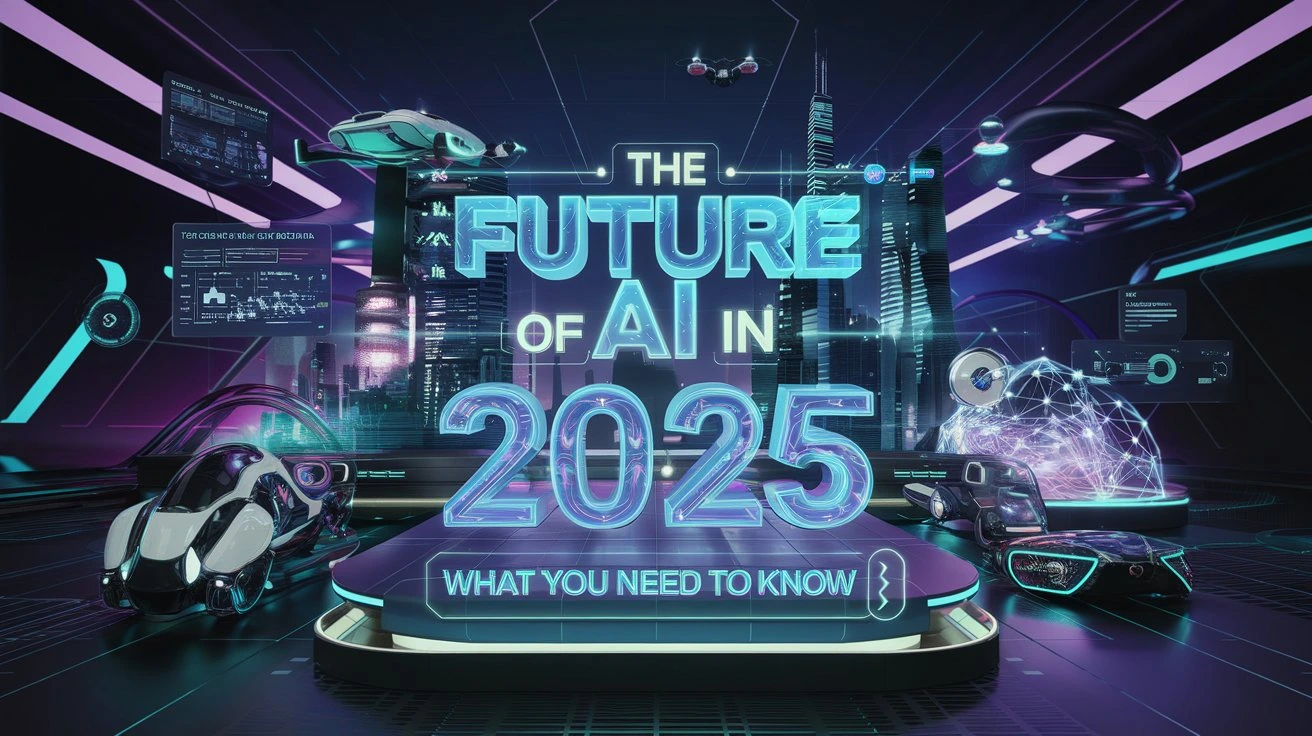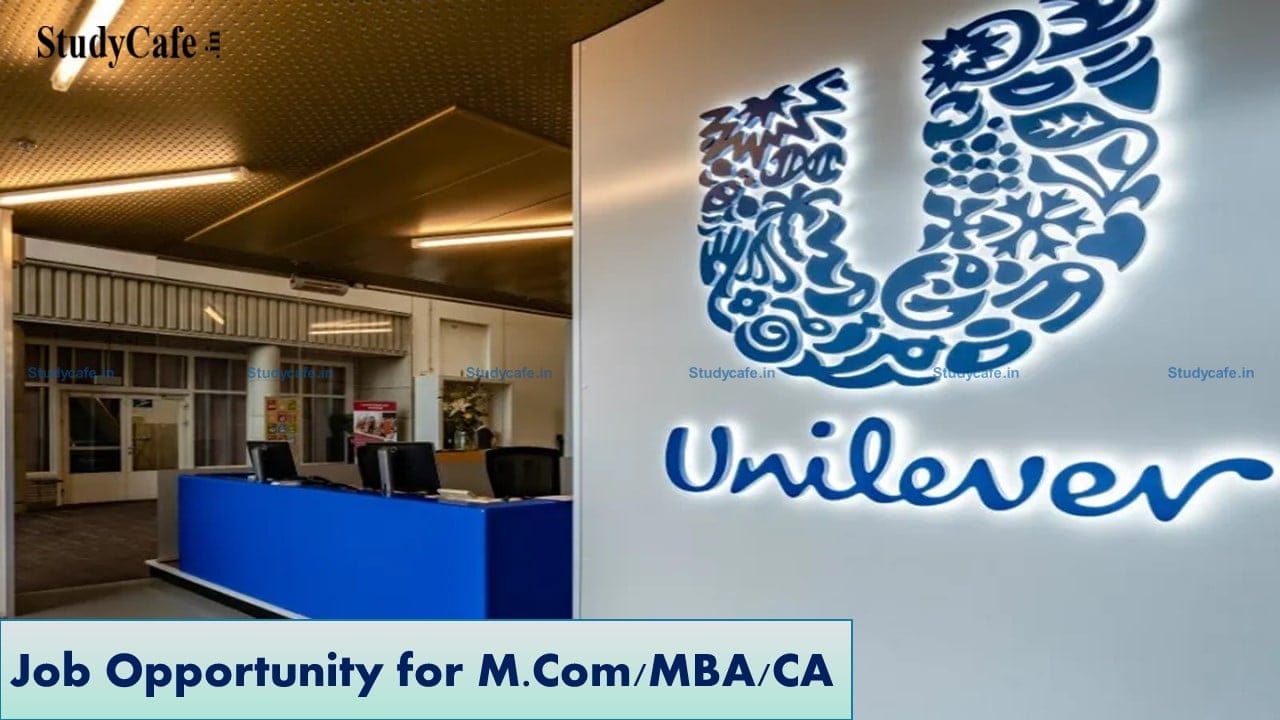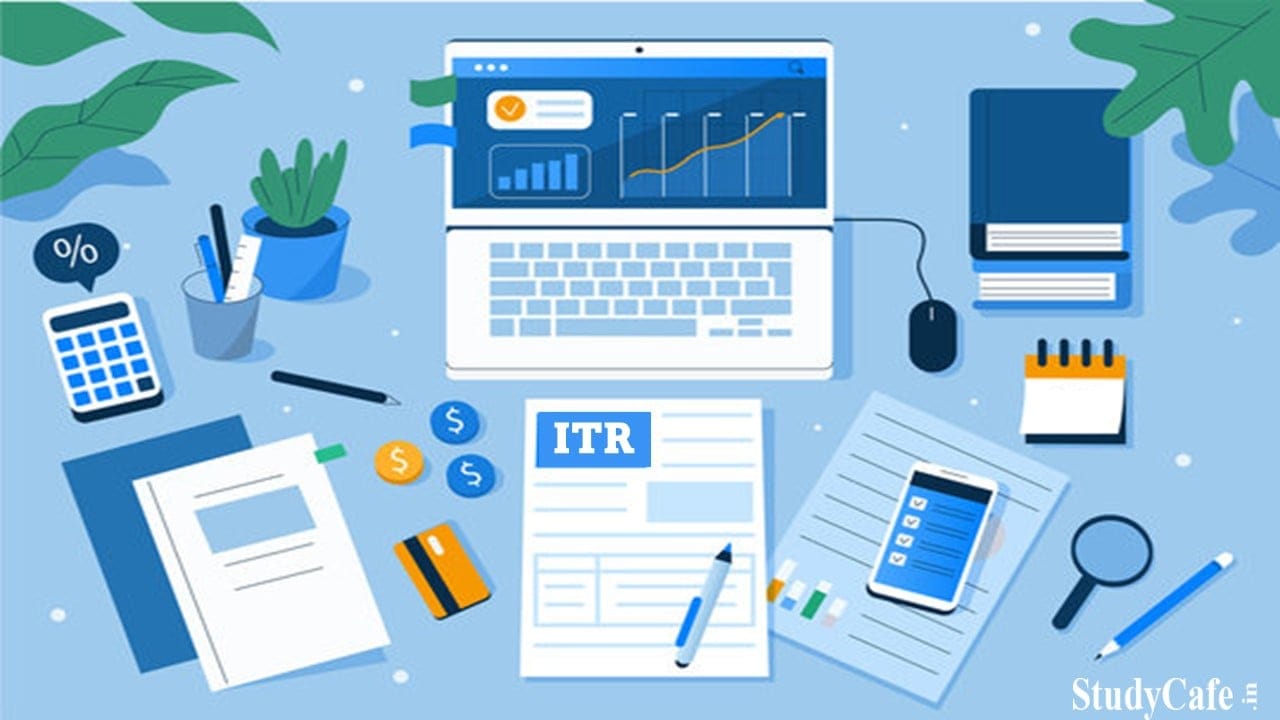The Future of AI in 2025 : Okay, folks, let’s talk AI in 2025. Forget the sci-fi doom and gloom (for now 😉). We’re diving into what’s actually happening, and trust me, it’s wilder than your wildest dreams (or nightmares, depending on how you feel about robots). Think of it as a tech rollercoaster – thrilling, a little scary, and definitely something you don’t want to miss.
The Future of AI in 2025
Remember when AI art was kinda… abstract blobs? Yeah, those days are gone. We’re talking AI that can whip up images so real, you’ll question reality. Think photorealistic portraits, landscapes that look like they were painted by a master, and even entirely new product designs generated from scratch. But it’s not just images. AI is writing code, composing music that’s indistinguishable from human-created scores, and even drafting news articles (like, you know, this one 😉). The implications are massive.
The Future of AI in 2025 : Generative AI
Creative industries could be revolutionized, with AI tools empowering artists and designers in new ways. Marketing teams could generate hyper-personalized ad campaigns at scale. But there’s a flip side. Copyright issues are a legal minefield. Misinformation could become even harder to detect, with AI-generated “deepfakes” blurring the lines between truth and fiction. And what about the artists and writers whose work is being used to train these AI models? These are the questions we need to be asking.
Automation: Robots Taking Over? (Not Quite) 🤖

Okay, robots aren’t exactly going to be demanding your job just yet. But automation? That’s happening, and it’s getting smarter. Think beyond simple assembly lines. We’re talking AI-powered systems that can analyze data, make decisions, and even learn from their mistakes. This means increased efficiency in everything from manufacturing and logistics to customer service and finance. Imagine AI-powered chatbots handling complex customer inquiries, or algorithms optimizing supply chains in real-time. The benefits for businesses are clear: reduced costs, increased productivity, and the ability to operate 24/7. But the potential impact on the workforce is a major concern. Some jobs will undoubtedly be displaced, requiring workers to adapt and acquire new skills. The focus will shift towards human-robot collaboration, with humans focusing on tasks that require creativity, critical thinking, and emotional intelligence – things AI can’t (yet) replicate.
Personalization: Your Own Little Echo Chamber 📣
Ever feel like your phone knows you better than your best friend? Well, AI is about to take that to the next level. Prepare for hyper-personalized everything – recommendations, ads, even the way you interact with the world. Imagine streaming services suggesting movies you’ll actually love, or online retailers anticipating your needs before you even know them yourself. This level of personalization could extend beyond the digital realm, influencing how we interact with physical spaces and products. Smart homes could anticipate our needs, adjusting lighting and temperature based on our preferences. Cars could tailor the driving experience to our individual styles. But there’s a dark side to all this personalization. It can create “filter bubbles,” where we’re only exposed to information that confirms our existing beliefs, reinforcing biases and limiting our perspectives. And what about our privacy? The more data AI collects about us, the more vulnerable we become to manipulation and exploitation.
Healthcare: AI to the Rescue! (Hopefully) 🩺

AI in healthcare is a game-changer. Think early disease detection through AI-powered image analysis, personalized treatment plans based on individual genetic data, and even faster drug discovery thanks to AI’s ability to analyze vast datasets. Imagine AI algorithms analyzing medical images to detect cancer at its earliest stages, or AI-powered systems predicting the likelihood of a patient developing a specific condition. This could lead to earlier interventions and better patient outcomes. AI could also revolutionize drug development, accelerating the process of identifying promising drug candidates and reducing the time and cost of bringing new treatments to market. But ethical considerations are huge here. We need to ensure that AI algorithms are fair and unbiased, and that patient data is protected. We also need to address the potential for AI to exacerbate existing healthcare disparities.
Talking to Machines: Finally Making Sense! 🗣️
Natural language processing (NLP) is getting so good. We’re talking chatbots that actually understand you, translation tools that are practically flawless, and AI assistants that… well, maybe they’ll finally stop misunderstanding us. Imagine having a natural conversation with your phone, asking it to perform complex tasks without having to use specific keywords or commands. Or imagine being able to travel to any country and communicate effortlessly with locals, thanks to real-time language translation powered by AI. NLP is also transforming how we interact with information. AI-powered search engines can understand the intent behind our queries, providing more relevant and accurate results. And AI-powered summarization tools can condense lengthy documents into easily digestible chunks, saving us time and effort.
Driving into the Future: Self-Driving Cars (Almost) 🚗
Self-driving cars are almost here. 2025 might not be the year they take over the roads, but we’ll definitely see more testing and development, and potentially even limited deployment in certain areas. Think safer roads, less traffic congestion, and maybe even a chance to finally catch up on sleep during your commute. Self-driving trucks could revolutionize the logistics industry, making transportation more efficient and cost-effective. But the challenges are significant. Developing AI systems that can navigate complex real-world driving scenarios is incredibly difficult. We need to ensure that self-driving cars are safe and reliable, and that they can handle unexpected situations, like sudden weather changes or road closures. And what about the ethical dilemmas? How should a self-driving car be programmed to make decisions in the event of an unavoidable accident?
Ethical AI: The Big Question Mark ❓
As AI gets more powerful, the ethics get trickier. We need to make sure AI is fair, unbiased, and transparent. No robot overlords, please! This is a conversation we all need to be a part of. It’s not just about technology, it’s about humanity. Bias in AI algorithms can perpetuate and amplify existing societal inequalities, leading to discriminatory outcomes in areas like hiring, lending, and even criminal justice. We need to develop robust methods for detecting and mitigating bias in AI systems. Transparency is also crucial. We need to understand how AI algorithms make decisions, so we can hold them accountable. And we need to ensure that AI is used in a way that benefits humanity, not just a select few.
Cybersecurity: AI vs. AI ⚔️

The Future of AI in 2025 : Cybersecurity is about to become a high-tech battleground. AI can be used to defend against cyberattacks, detecting anomalies and preventing breaches. But it can also be used to launch them, creating more sophisticated and targeted attacks. It’s like a digital arms race. We need to stay one step ahead to keep our data safe. AI-powered security systems can analyze network traffic in real-time, identifying suspicious patterns and blocking malicious activity. But hackers are also using AI to develop more sophisticated malware and phishing attacks. This means we need to constantly evolve our cybersecurity defenses to stay ahead of the curve.
AI for Everyone! 🌍
The best part? AI is becoming more accessible. Thanks to cloud computing and open-source tools, more people can experiment with AI and build cool new things. This means more innovation, more creativity, and a future where AI is for everyone, not just the tech giants. Platforms like Google Cloud AI Platform and Amazon SageMaker make it easier for developers to build and deploy AI models without needing a PhD in machine learning. And open-source libraries like TensorFlow and PyTorch provide the building blocks for AI development. This democratization of AI is empowering individuals and small businesses to create innovative solutions to real-world problems.
The Talent Hunt: Where Are All the AI Experts? 🤓
The Future of AI in 2025 : All this AI awesomeness means we need people who know how to build it. Data scientists, AI specialists, machine learning engineers – they’re in high demand! So if you’re thinking about a career change… now’s the time to jump on the AI bandwagon. Universities are ramping up their AI programs, and online courses and bootcamps are popping up to meet the growing demand for AI talent. But it’s not just about technical skills. We also need people who understand the ethical and societal implications of AI, and who can help us navigate the challenges and opportunities that lie ahead.
So, there you have it – AI in 2025, in a nutshell (or a microchip, if you prefer). It’s exciting, it’s a little scary, but most importantly, it’s happening. Get ready for the ride! 🎢






